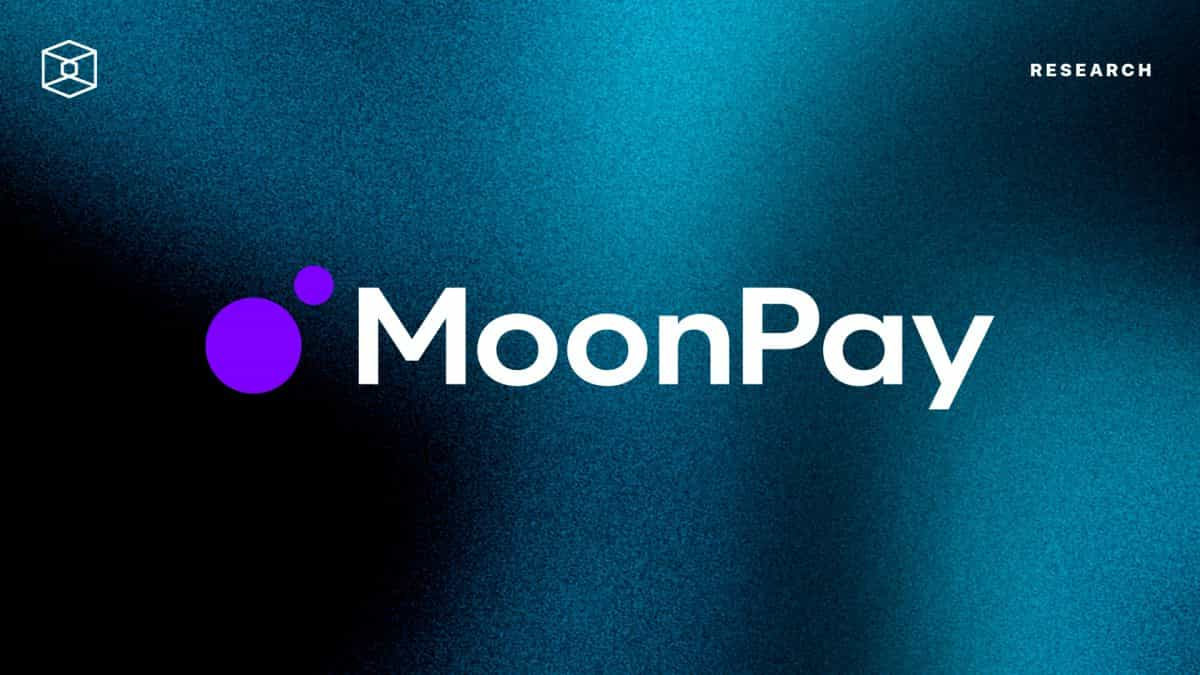What happened at the Ethereum upgrade 'The Merge?'


An Ethereum upgrade refers to a planned and systematic modification or enhancement to the Ethereum blockchain's protocol. Upgrades are implemented to introduce new features, improve performance, address security concerns or make other changes that contribute to the overall evolution of the Ethereum network.
The 2022 Ethereum upgrade dubbed 'The Merge' is perhaps one of the most significant improvements to the blockchain network.
Overview of Ethereum's The Merge upgrade
The Merge represented a pivotal moment in Ethereum's history. It marked the transition from a proof-of-work (PoW) to a proof-of-stake (PoS) consensus mechanism, with the primary goal of enhancing energy efficiency and setting the stage for future scalability improvements.
This monumental shift in Ethereum's infrastructure was propelled by the integration of its mainnet with the PoS-based Beacon Chain, which had been running in parallel to the PoW blockchain. The transition to PoS also brought about the replacement of miners with validators, participants who commit a stake of their ETH to the network as collateral, thereby securing the right to validate transactions and maintain the blockchain's integrity. The move to validators reduced the network's energy consumption by an estimated 99.5%.
The Merge also laid the groundwork for subsequent scalability enhancements, such as sharding: dividing the blockchain into smaller, independent shard chains to alleviate network congestion and enhance transaction throughput. These upgrades, anticipated in Ethereum's developmental roadmap, aim to bolster the blockchain's capacity to handle a higher volume of transactions and support the burgeoning decentralized applications (dApps) ecosystem.
It is crucial to note that The Merge was implemented seamlessly, requiring no action from ether holders and had no direct impact on the user experience, wallet functionality or the Ethereum assets themselves. The continuity of Ethereum's operation and the preservation of its existing ecosystem, including non-fungible tokens (NFTs) and decentralized finance (DeFi) protocols, were maintained throughout the upgrade process.
Implications of The Merge on the cryptocurrency market
The Merge's impact on the cryptocurrency market presented immediate and long-term implications for investors, developers and users.
As Ethereum shifted from PoW to PoS, the market witnessed the advent of a more energy-conscious blockchain, which could attract environmentally conscious investors. Moreover, the energy reduction resulting from The Merge may alleviate some regulatory pressures concerning the environmental impact of cryptocurrencies, possibly fostering a more favorable regulatory environment that could benefit the entire crypto market.
This transition has also paved the way for new financial products, such as staking pools and PoS-based investment strategies, offering retail and institutional investors novel ways to engage with the Ethereum ecosystem.
The introduction of validators in place of miners also created a shift in the market dynamics. With mining no longer a viable option on Ethereum, miners were compelled to either redirect their resources to other PoW blockchains or transition to staking, potentially influencing the hash power distribution across various cryptocurrencies.
As Ethereum continues its development journey with plans for sharding and other scalability solutions, anticipation for a more efficient and capable network could drive further interest and investment in the Ethereum ecosystem — potentially influencing the broader market sentiment regarding Ethereum.
The Merge's impact on blockchain technology
The integration of Ethereum's mainnet with the Beacon Chain through The Merge marked a significant technological advancement within blockchain technology. This transition from PoW to PoS consensus mechanisms is not merely a change in how transactions are validated but represents a broader shift towards sustainable and scalable blockchain infrastructures.
The magnitude of this change is underscored by the substantial reduction in energy consumption, which addresses one of the most critical environmental concerns associated with blockchain technology. The adoption of validators in place of miners not only alters the network's security model but also democratizes the transaction validation process, potentially leading to a more equitable and decentralized ecosystem.
Furthermore, The Merge's success in maintaining operational continuity without requiring user intervention signifies the robustness of Ethereum's developmental framework and the community's dedication to seamless transitions. This sets a precedent for future upgrades, such as the implementation of sharding, which promises to alleviate network congestion and enhance transaction throughput.
The implications of these advancements extend beyond the Ethereum community, as they may influence the wider blockchain industry by setting new standards for efficiency, scalability and environmental responsibility. The ripple effects of The Merge are likely to be felt across the entire spectrum of blockchain applications, from dApps to DeFi, as Ethereum solidifies its position as a leader in driving forward-thinking solutions within the digital asset space.
Disclaimer: This article was produced with the assistance of OpenAI’s ChatGPT 3.5/4 and reviewed and edited by our editorial team.
© 2023 The Block. All Rights Reserved. This article is provided for informational purposes only. It is not offered or intended to be used as legal, tax, investment, financial, or other advice.



